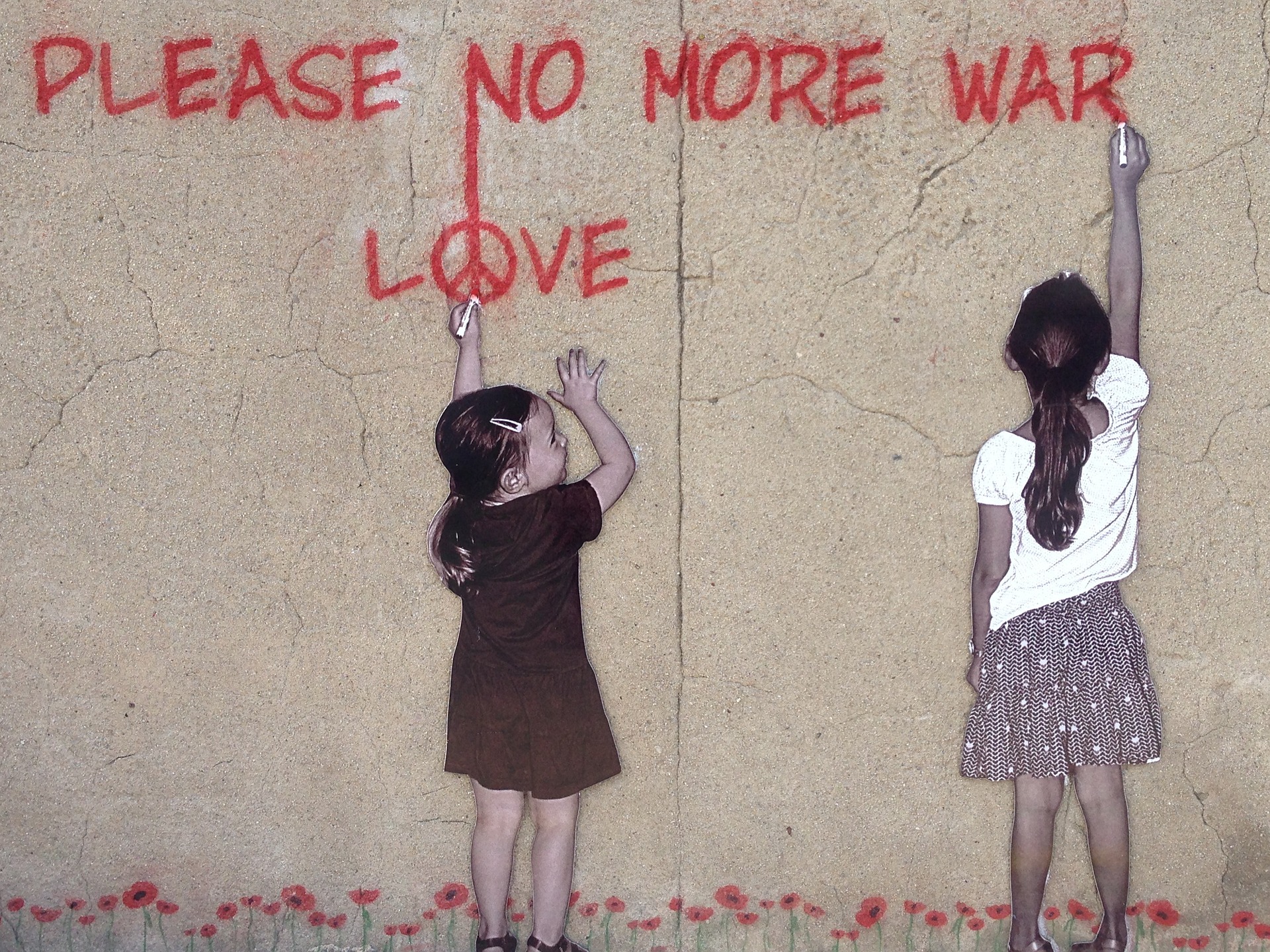Shaping the Future: The Emergence of Eco-anxiety in the American Psyche
Beyond the immediate and palpable threats posed by climate change, a new phenomenon is gripping American society – eco-anxiety. This burgeoning socio-psychological trend is redefining the way we perceive our environment and is impacting our collective mental health. Read below to delve into the world of eco-anxiety and the ripple effects it's generating in today's society.

Understanding Eco-Anxiety: A Historical Perspective
Eco-anxiety, a term coined within the past decade, pertains to the dread, distress, and fear elicited by the looming environmental crises and their ramifications. This concern was practically nonexistent in the American psyche during the postwar consumerism boom. However, it has gained traction in recent years as the conversations around climate change have intensified.
The Contemporary Climate of Eco-Anxiety
Eco-anxiety is increasingly prevalent in the US, fueled by the onset of more tangible climate change effects. This phenomenon is particularly pronounced among the younger generation who are grappling with the notions of a potentially dystopian future. From wildfires to hurricanes, the evidence of a changing planet is becoming inescapable, igniting a wave of anxiety.
The Social and Cultural Impacts of Eco-Anxiety
The rise of eco-anxiety is molding our societal fabric in novel ways. It’s instigating conversations around sustainability, driving changes in consumption patterns, and even altering career choices. Moreover, it’s contributing to a cultural shift in how we perceive and interact with nature, with a renewed focus on respect and preservation rather than exploitation.
The Implications of Eco-Anxiety
Eco-anxiety, though distressing, is fostering a progressive societal response to environmental issues. This emotional response is generating a sense of urgency, prompting individuals to take action in their lives and advocate for larger systemic changes.
Eco-Anxiety: Concern or Catalyst?
While eco-anxiety may be perceived as a negative consequence of our worsening climate situation, it also holds potential as a catalyst for positive change. This collective anxiety could initiate wide-spread reform in our attitudes towards the environment and drive comprehensive environmental policy changes.
Eco-anxiety, though a relatively new concept, represents a significant shift in our societal consciousness. It underscores the deep and intricate connections between our environment and our mental wellbeing, and is a crucial component in our collective response to climate change. By understanding its origins, effects, and implications, we can better navigate this complex and evolving landscape.




